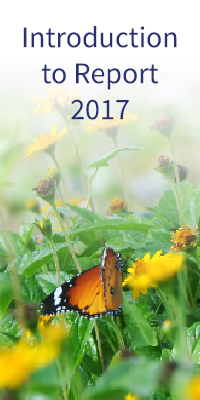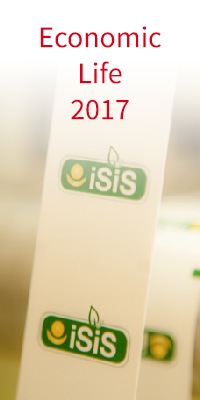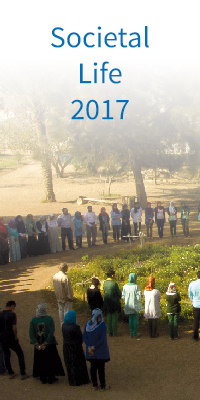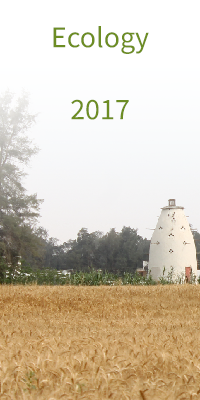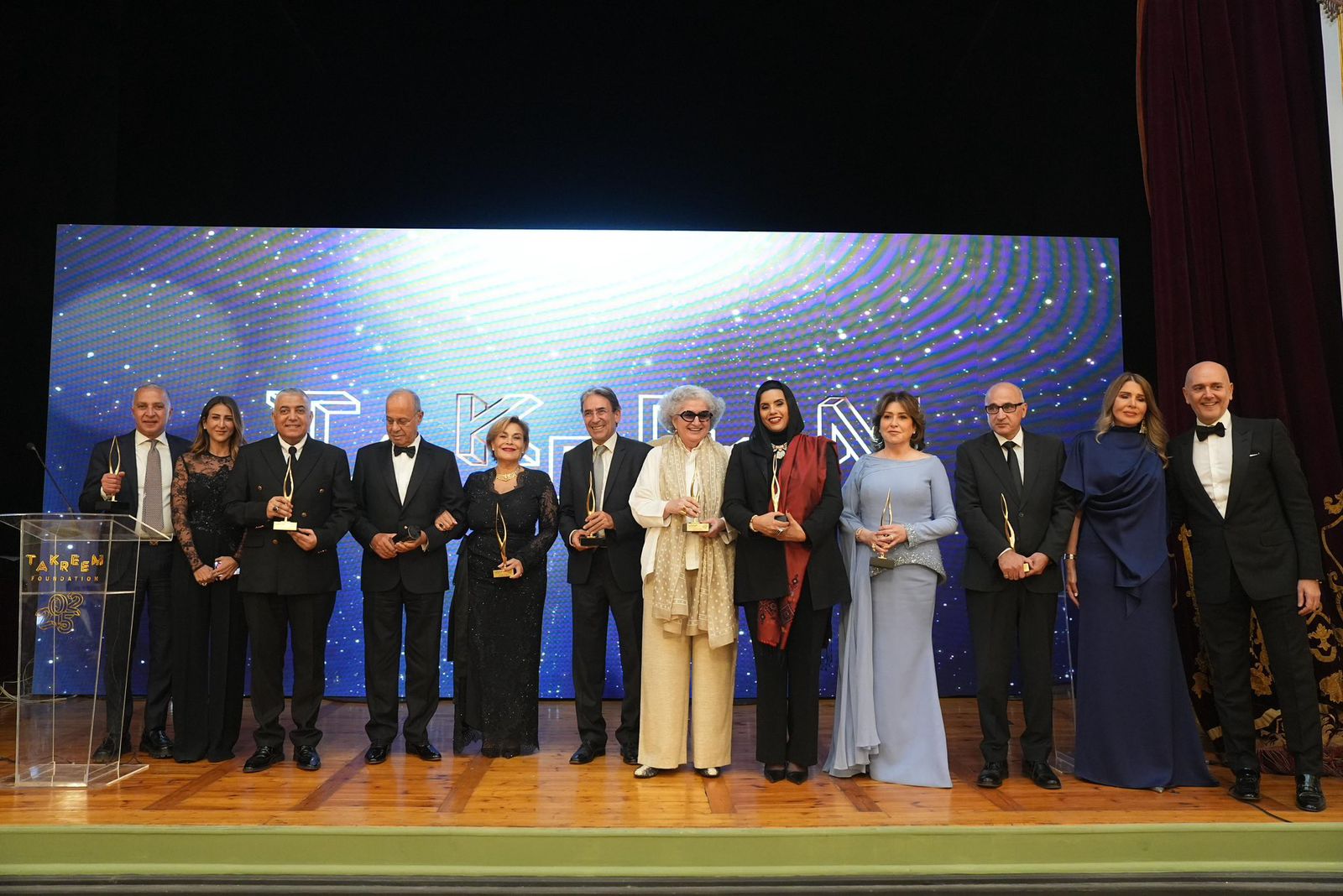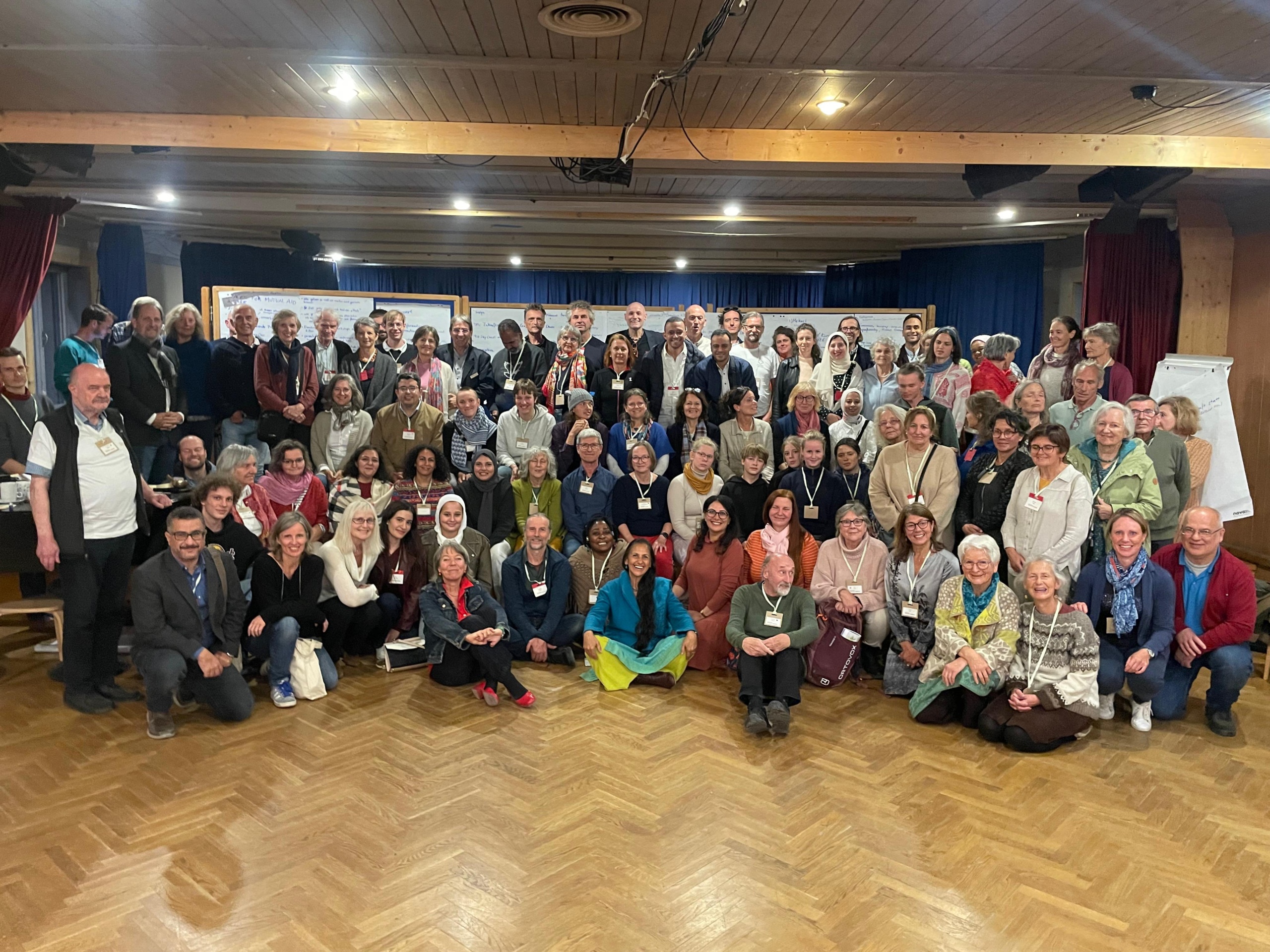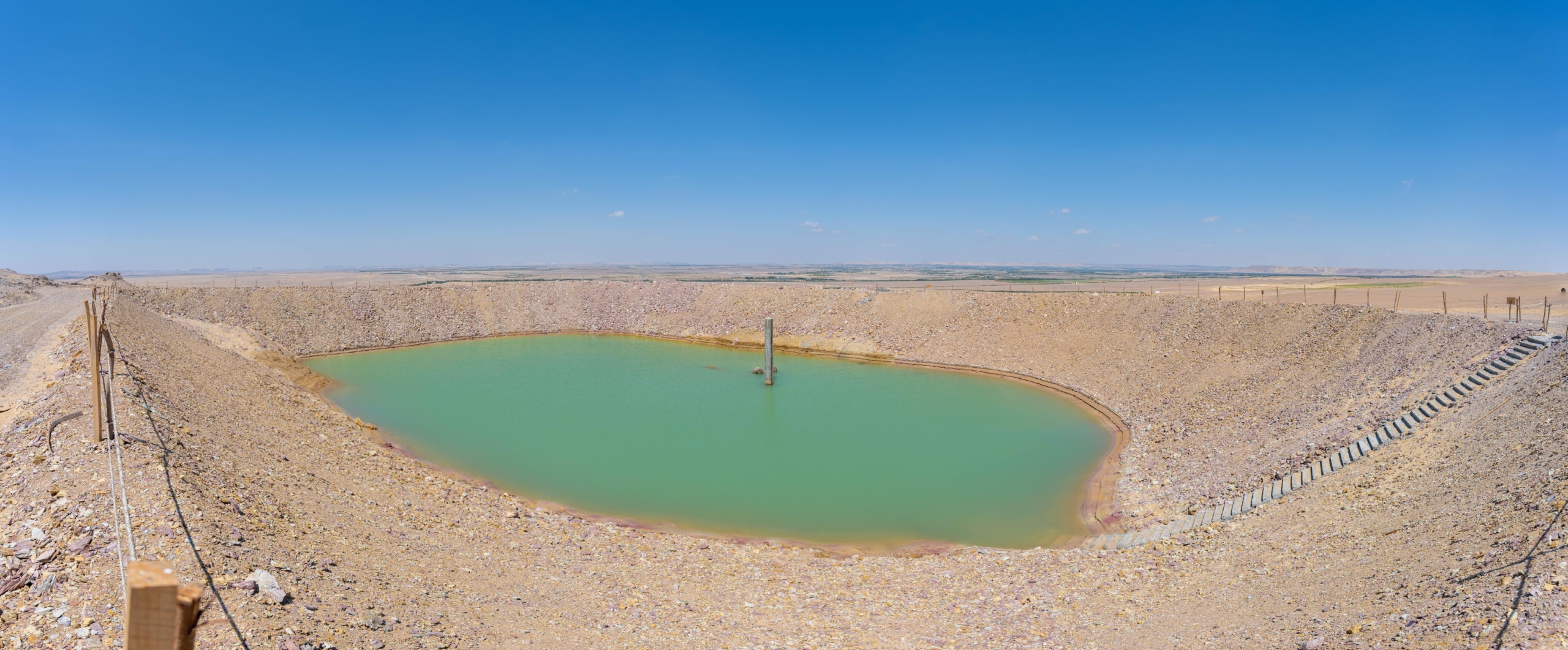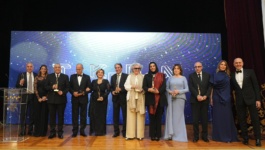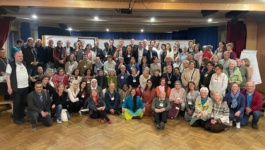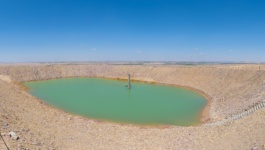Sustainability Report 2017 – Ecology
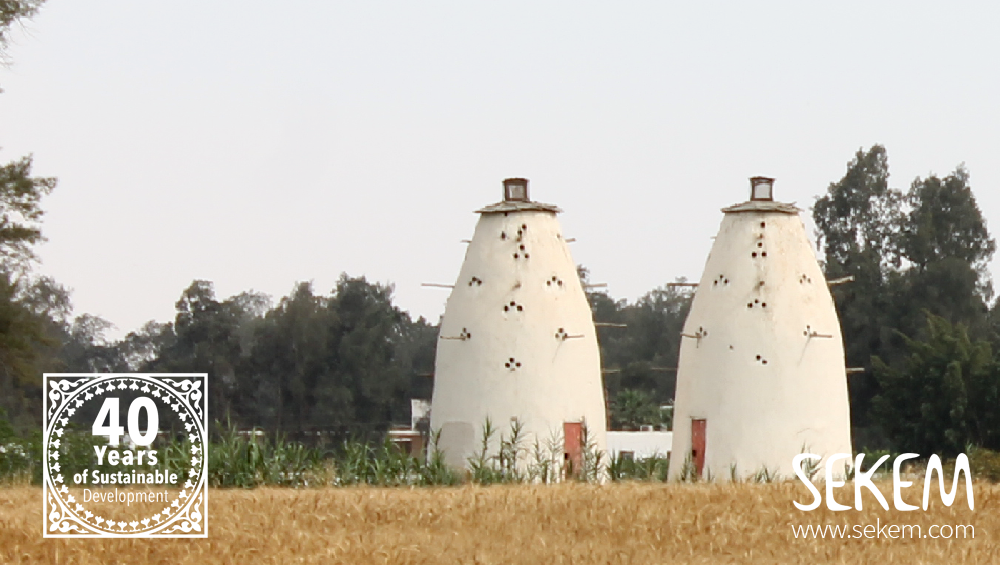
“Rudolf Steiner was one of the first people in modern era to recognize explicitly the principles of interconnectedness in relation to farming and to describe the links between the fertility of the soil and the health of plants, animals and people.”
With applying biodynamic agriculture according to Rudolf Steiner everything started in 1977. In the past 40 years with this holistic agricultural practice many hectares of former desert lands have been reclaimed and thousands of people benefit from the advantages. Hence, also in 2017 progress in different ecological ways took place in SEKEM and Egypt.
Hand in Hand for Saving Fertile Soils
2017 started with an important commitment for sustainable land management and a healthy ecological system. The World Future Council (WFC) that was co-founded by Ibrahim Abouleish, and now continued by Helmy Abouleish, signed a Memorandum of Understanding with the United Nations Convention on Combating Desertification (UNCCD), in order to cooperate in the fight against desertification and land degradation which is a key element in achieving the Sustainable Development Goals. In 2015, SEKEM was awarded with the Land for life Award by the UNCCD. SEKEM considers the WFC as close partner and friend – together with the UNCCD, they create an active team of environmental advocates.
Team up against desertification
Sustainable Farming for All Egypt
In October 2017, an important step had been realized in regards to promoting sustainable farming beyond SEKEM: SEKEM signed a Declaration of Intent with the German Federal Ministry for Economic Cooperation and Development (BMZ) to support sustainable agriculture in Egypt and Africa. The Joint Declaration is built on a mutual agreement between SEKEM and BMZ, stating that “hunger, poverty and the climate change can be faced only through sustainable and equitable development.”
Declaration for Sustainable Agriculture
“Approximately 73 percent of the worldwide cultivated cotton is genetically modified – cotton is considered as the agricultural product with the highest amount of chemicals, 18 percent of the chemical plant protection active ingredients are used worldwide in cotton fields.”
Organic cotton as sustainable solution
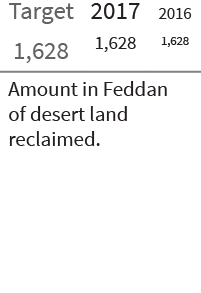
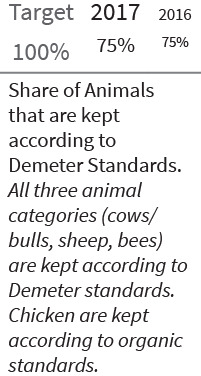
High Quality Cotton and a Closed Value Chain
SEKEM was chosen for that declaration as the initiative is known to be Egypt’s pioneer for organic agriculture and constantly developing it’s activities and commitment. Hence, for instance SEKEM is fostering the sustainable growing of organic cotton, as Egypt is one of the main producing countries for high-quality cotton. Also in October, SEKEM celebrated its organic cotton harvest in a special event, by welcoming 20 contracted farmers in Damietta Governorate, located 200 kilometers north from Cairo. The organic yield had been proactively integrated into Egypt’s export strategy for 2017. Besides, SEKEM supported an agreement signed by the Egyptian government and the United Nations Industrial Development Organization (UNIDO), under the title “Cotton for Life”. This initiative aims to develop and apply environmental protocols to sustain the Egyptian cotton industry, starting from its cultivation till the end product – a closed value chain, which SEKEM already promotes since 1977. SEKEM is actively engaged in this agreement with its new partner, the Italian cotton company Filmar. In 2017, 360 farmers cultivate a total area of more than 370 Hectares (915 feddans) of Egypt’s lands with organic cotton crops.
“Besides the high-quality animal products, like milk or meat, the animals health plays a crucial role in biodynamic agriculture. Their manures function as nutritious fertilizer as the farmers use it for compost production. Hence, the soil biodiversity is stimulated and accordingly the land’s production is boosted.”
Attia Sobhy, director of the EBDA
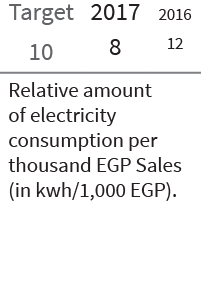
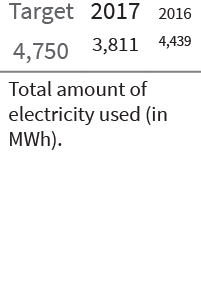
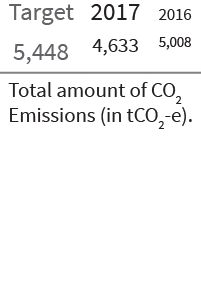
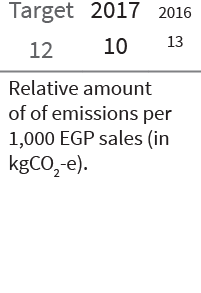
New Solar Pump for SEKEM
In total we faced a drastic improvement of our relative energy consumption per 1000 EGP sales because of local price increases and partial decreases in the local production, especially with ISIS Organic, which is a major driver for the energy consumption. As follows the different dynamics are explained on company level.
At ISIS Organic the total energy consumption went down drastically due to a strong decrease in bottled water production in 2017 as well as herbal tea production. The latter was influenced by the decision to reduce the stock value of our customers in the market and to sell out available stock, hence stop our production during the summer months for cost cutting and efficiency reasons.
At Lotus, the total production decreased mainly through compliance issues of our raw material suppliers related to organic certification and the problem of environmental pollution, especially for grains and seeds. Contrary to that trend, the total energy consumption of the company went up in 2017 due to increasd mechanical cleaning efforts needed for accepted raw materials.
At Naturetex the amount of gasoline consumption for vehicles decreased due to better car fleet management while at the same time the total electricity consumption increased due to higher production activities and an additional production line with a new machine for balled yarn. At Atos we see an overall increase in energy consumption because capsule and sachets production went up. At the same time extracts, syrup and tablets production decreased but the first two mentioned categories are less energy intensive.
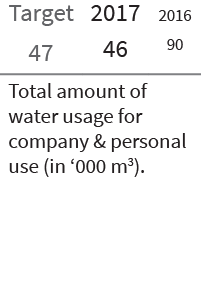
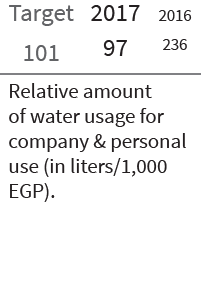
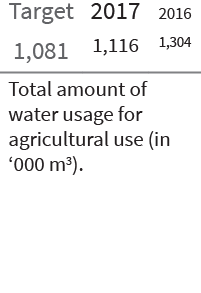
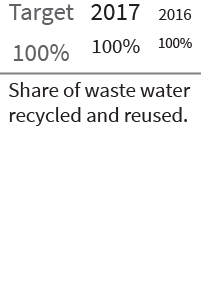
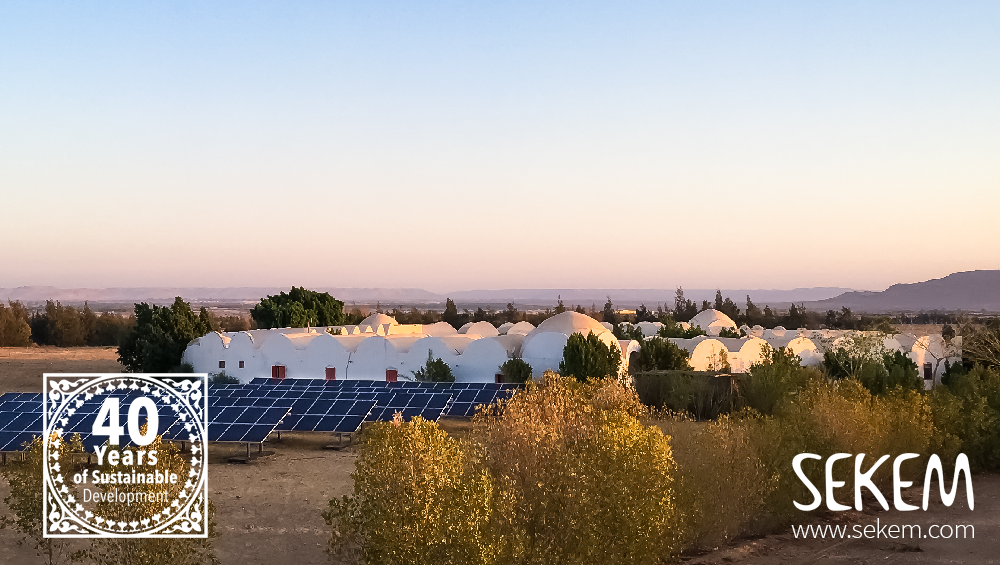
The above mentioned electricity consumption dynamics strongly influenced the relative CO2 emission data, which also decreased strongly compared to our last year’s performance and expectation. This was further reinforced by our original expectation for higher number of employees, which were below our plan due to cost saving measures, that strongly effected the emissions from employee commuting. This represents a strong driver for the overall emissions.
Also in 2017, SEKEM could extend its commitment to sustainable energies. In September, a new solar water pump had been installed at SEKEMs Farm in Wahat El Bahariya. Based on an intense cooperation, as well as comprehensive trainings and practice, this new venture could had been realized. A former student of Heliopolis University, El-Sayed Mohamed, was responsible for installing the new pump in cooperation with SEKEM’s Austrian partner, SEKEM Energy, and the company Merl 1928.
“I believe that one day all the operations at SEKEM will be running by renewable energies.”
El-Sayed Mohamed, Energy Engineer at SEKEM
Now, a 62-kW photovoltaic system replaces an 100-kW diesel power generator and runs a submersible water pump of 40 horsepower. And it’s worth it: the new solar pump is estimated to reduce around 50 tons of carbon dioxide emissions per year. It irrigates an area of 12 hectares (30 feddans), with an average of 60-80 cubic meters of water per hour – of course depending on the solar radiation and the type of the cultivated crops. On the same land in the Western Egyptian desert, SEKEM had already installed another photovoltaic system (PV) in 2015.
Healthy Livestock: Animals Are Part of the Solution
As animals play a crucial part in the natural circle of biodynamic agriculture, SEKEM organized specific activities in order to raise awareness and support its contracted farmers by keeping their livestock healthy: three veterinary medical convoys had been organized in 2017 in three villages located in Giza and Kafr El Sheikh Governorates. The project was initiated by the Egyptian Bio-Dynamic Association (EBDA) and more than 20 veterinary doctors, who volunteered from nearby directorates. The veterinarians inspected and vaccinated an average of 300 animals including cows, sheep and buffaloes for free; the EBDA funded the whole campaign, including medicines and vaccines. Further veterinary campaigns in coordination with local governmental organizations are planned, not least in order to foster the attention of conventional farmers towards healthy livestock.

Sustainable Development in its four dimensions
Report on Sustainable Development 2017
Report 2017 | Economy 2017 | Societal Life 2017 | Cultural Life 2017 | Ecology 2017
Download SEKEMs Sustainability Report 2017 Now
Explore SEKEMs previous sustainability reports
You have a question, a comment or feedback about our report? Send us a message now!

